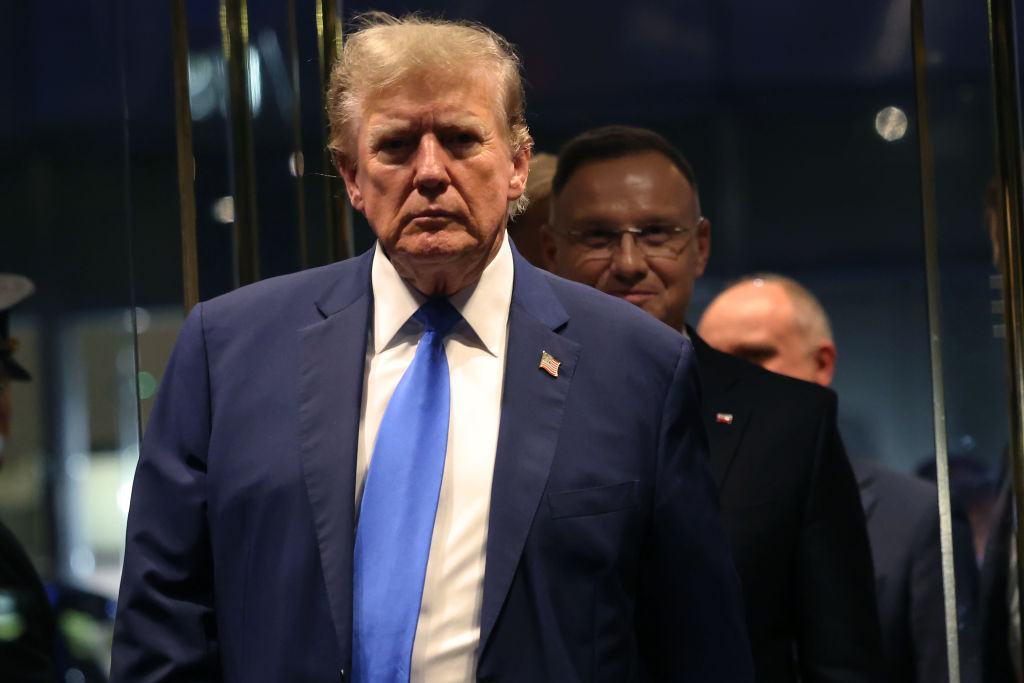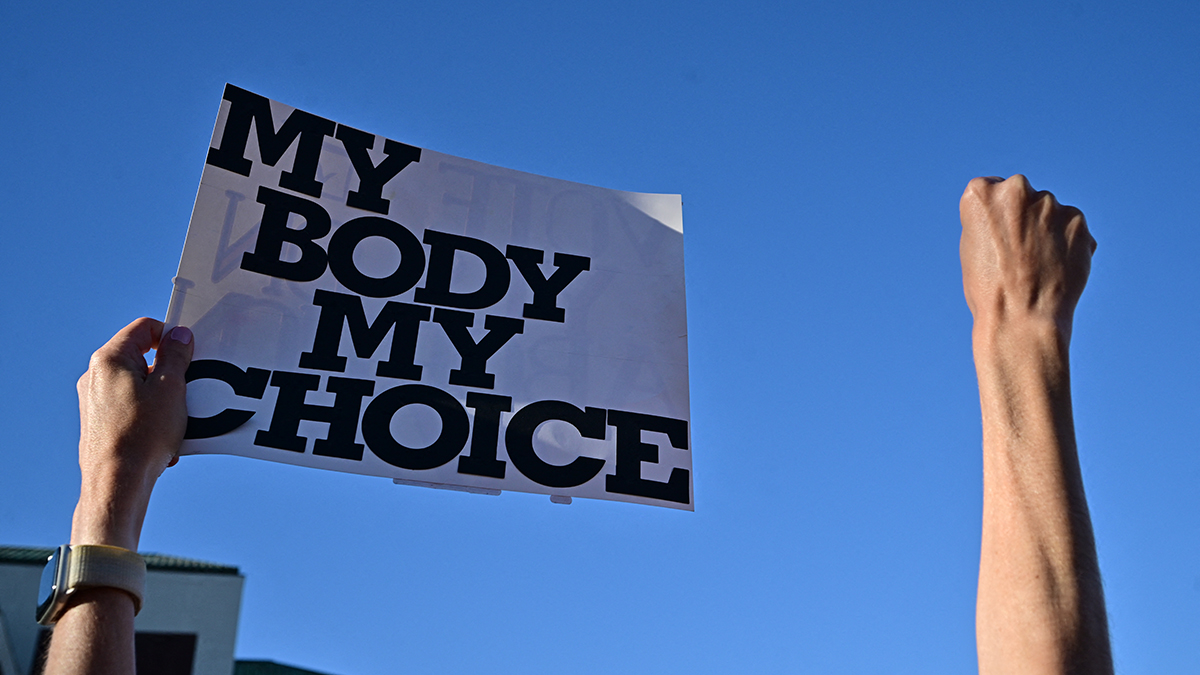Texas jurors in the money laundering trial of former U.S. House Majority Leader Tom DeLay were to return for their first full day of deliberations Tuesday, one day after sending the judge questions seeking clarification about the charges.
Prosecutors allege that DeLay helped illegally funnel $190,000 in corporate campaign donations through his political action committee to Texas legislative races in 2002, in a move that ultimately helped send more Republicans to Congress. DeLay has long denied any wrongdoing.
The six men and six women jurors began deliberating Monday and sent several questions to Senior Judge Pat Priest, including a request for clarification on the definition of money laundering. Priest told jurors he would answer their questions about money laundering on Tuesday.
During closing arguments Monday, DeLay's lead attorney, Dick DeGuerin, repeated the argument he made throughout the three-week trial: that prosecutors failed to prove DeLay was involved in any such scheme.
"You might have expected to hear Tom DeLay had been directly involved, but you haven't," DeGuerin said.
But prosecutors Gary Cobb and Beverly Mathews said that when circumstantial evidence is pieced together, it shows that DeLay and two associates -- John Colyandro and Jim Ellis -- got corporate money to seven candidates running for the Texas House. Under Texas law, corporate donations cannot go directly to political campaigns.
"Are you starting to get the big picture?" Cobb asked jurors.
Politics
Politics from around the world.
Prosecutors said the corporate money was laundered through an arm of the Washington-based Republican National Committee, or RNC, then exchanged for the same amount in individual donations, which can be used in Texas campaigns.
Prosecutors claim the money helped Republicans elect candidates and take control of the Texas House. That enabled the GOP majority to push through a Delay-engineered congressional redistricting plan that sent more Texas Republicans to Congress in 2004 -- and strengthened DeLay's political power.
DeLay, a once powerful by polarizing Houston-area congressman, is charged with money laundering and conspiracy to commit money laundering. He could faces up to life in prison if convicted.
The case was originally brought by a Democratic district attorney who is now retired, and DeGuerin argued that DeLay was being punished for his political views. But Mathews, the prosecutor, told jurors that violation of Texas law -- not politics -- motivated the case.
The strongest evidence prosecutors presented was an audio interview in which DeLay said he knew beforehand about the money swap. DeLay said he misspoke in the interview with prosecutors in 2005, just before his indictment
During closing arguments, both prosecutors and defense attorneys played excerpts from the audio interview. Prosecutors said it proved in DeLay's own words that he knew about the money swap before it happened. DeGuerin argued it proved DeLay didn't propose the transaction and had little if any involvement in how the political action committee was run.
Prosecutors presented more than 30 witnesses during the trial, while only five took the stand in DeLay's defense. Trial testimony from prosecution witnesses often focused on how money is raised in political campaigns, particularly from corporations.
The criminal charges in Texas, as well as a separate federal investigation of DeLay's ties to disgraced former lobbyist Jack Abramoff, ended his 22-year political career representing suburban Houston. The Justice Department probe into DeLay's ties to Abramoff ended without any charges filed against DeLay.
Ellis and Colyandro, who face lesser charges, will be tried later
DeLay, whose nickname was "the Hammer" for his heavy-handed style, runs a consulting firm based in the Houston suburb of Sugar Land. In 2009, he appeared on ABC's hit television show "Dancing With the Stars."



